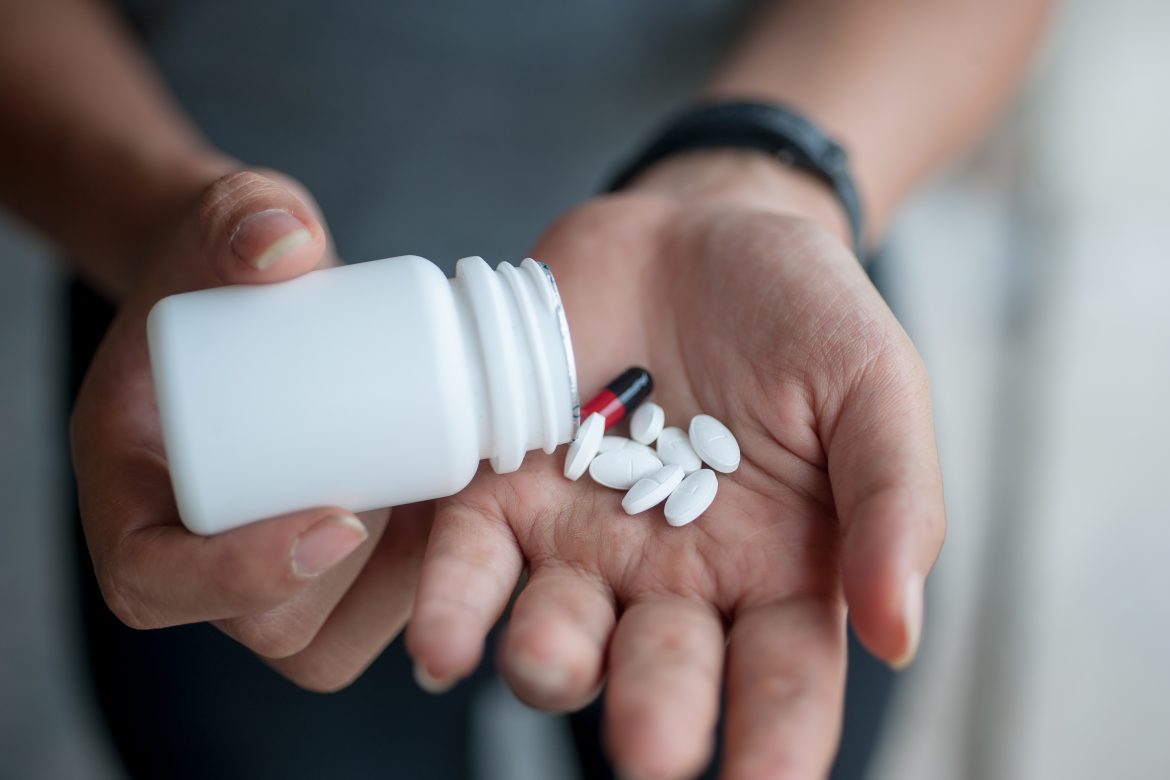Note: Portions of this article were contributed by Kelsey Daugherty, DPN, Family Psychological Services nurse practitioner.
“He just can’t sit still” “He has a lot of energy” “It’s like she doesn’t hear a thing I say.” Do these sound familiar? Have you had conversations with your child’s teachers about academic and learning behaviors?
Discerning typical development from impairment in children can be difficult. Increasingly, parents and school staff try to rule out whether observed behaviors are ADHD (Attention-Deficit/Hyperactivity Disorder) or normal behaviors in a child whose idle runs a little higher than his or her peers. The prevalence of ADHD has grown according to the CDC (Center for Disease Control) with current rates reported to be as high as 9.5% among 3-17 year olds. Behavior therapy can be helpful but it has its limits for kids with neurological impairments. So what’s a parent to do?
Once the diagnosis is confirmed, the American Academy of Pediatrics, and most other professional and medical organizations, state that the most effective treatment for ADHD is a combination of behavior therapy and stimulant medication. These meds have received high praise and consistent demonization in the media and even in some professional publications.
For many parents, the decision to use medication for ADHD or any mental health impairment, is not an easy one. As a parent of a young child who has had to take up to seven medications in a day for asthma, I have empathy for the fear, concern and guilt connected with that choice. I often worried about all the meds my wife and I were pumping through my then 2-year-old child’s body. A midnight call to EMS when my child couldn’t get a breath cured me of hesitation, but it didn’t make it easier.
Many parents considering stimulant treatment read non-medical sources that paint a grim picture of “the medicated child.” Many articles cite the conversion of stimulants, prescribed as first-line treatments for ADHD, to recreational use across high school and college campuses. The idea that stimulants improve anyone’s focus, concentration, and impulse control is both true and potentially dangerous. It belittles the pervasiveness of properly diagnosed ADHD and minimizes the idea of treatment as merely taking a pill. It’s a lot more complex than that. Finding the medication that is right for your child or teen may take time, including assessment and documentation by the adults living in the home, teachers at school, and any additional caregivers. We’re trying to understand the child’s entire life, not just the 30 minutes once a month a prescriber spends with them reviewing meds.
Talk with your prescriber and therapist to assess your child’s impairment. For example, ADHD can impair academics, social functioning, organization, and self-worth among other aspects of daily functioning. Is impairment present in multiple settings and how well-developed are the child’s coping skills in managing the symptoms and maintaining functioning? Here are some other questions to consider in determining impairment:
- Is it taking your child 2-3 times as long to complete tasks/assignments as their peers to achieve equivalent results?
- Is impulsivity and temperament impairing your child’s ability to make and maintain relationships, resulting in isolation from peer group?
- Is there academic struggle, resulting in reduced self-concept of feeling stupid, lazy or not good at anything?
- Is your relationship or interactions with your child disproportionality negative (70%/30% negative/positive ratio or greater is not uncommon)?
- Do you feel like all you do is yell and consequence and nothing changes?
- Are the things that I have tried (on my own or with the support of a professional) to support my child in school and home working?
Having ongoing conversations with your child’s teachers, mental health professional and prescriber are crucial to understanding the level of symptoms and impairment your child is experiencing. The professionals that you have entrusted your child and family to will help with the process of exploring the benefits that adding medication as part of treatment can provide. Share your concerns, fears and questions and commit to regular feedback and discussion with the professionals that you have chosen to care for you child and for your family. While it may not be an easy decision to make, it can be critical to your child’s success and development.
Yes, the thought that a molecule manufactured in a lab is necessary for your child to “feel normal” is an uncomfortable one, but so is ADHD. It is not a diagnosis that we can just will away. It is not a matter of just needing to try harder or to quit being lazy. It is not a matter of intellect. It is a matter of whether or not symptoms are manageable and within one’s control, or out of their ability to manage on their own.
Understood—an organization for parents of children and adolescents with learning and attention issues—has developed an ADHD simulator to help parents experience this discomfort and can be accessed at https://www.understood.org/en/tools/through-your-childs-eyes.
